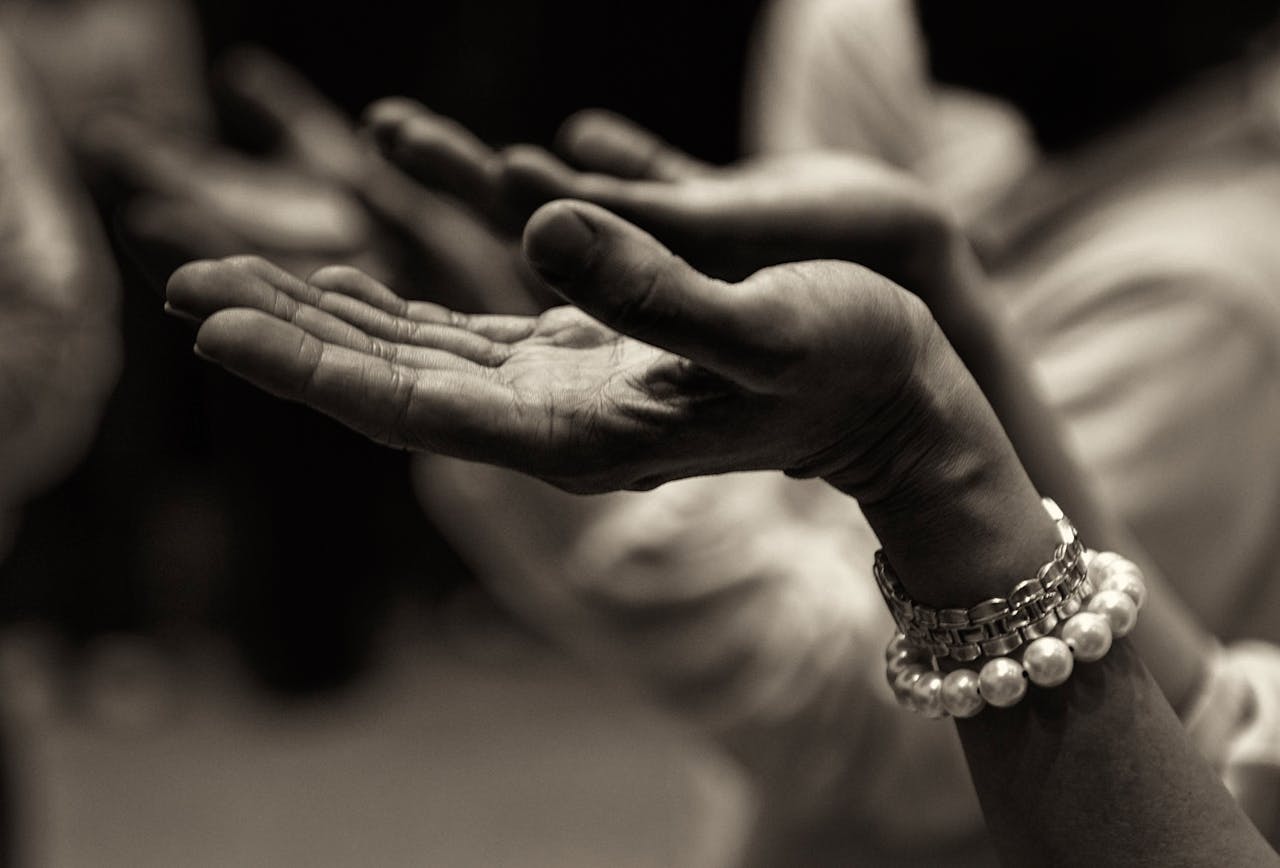The Future of Religion in an Increasingly Secular World
The landscape of religion is transforming dramatically as secularism rises globally. This shift poses questions about the role and relevance of religion in the future. Despite the trend towards secularism, religion continues to evolve, adapt, and influence societies in various ways. This article explores the factors contributing to increasing secularism, the potential future of religion, and how faith communities might navigate this changing environment.


The Rise of Secularism
1. Societal Changes:
- Education and Science: Increased access to education and scientific advancements have contributed to a more questioning and analytical approach to traditional religious beliefs.
- Urbanization and Mobility: Urbanization and higher mobility disrupt traditional community structures, often leading to decreased religious participation and affiliation.
2. Cultural Shifts:
- Individualism: Modern cultures emphasizing individualism and personal freedom often conflict with the collective and doctrinal nature of many religions.
- Media and Technology: The proliferation of media and digital technology exposes people to diverse perspectives and lifestyles, challenging traditional religious norms.
3. Political and Legal Factors:
- Separation of Church and State: Legal frameworks promoting the separation of religion from government affairs have led to more secular public spaces.
- Human Rights: The global emphasis on human rights and freedoms sometimes clashes with religious doctrines, leading to tension and a reevaluation of religious roles in public life.
The Future of Religion
1. Adaptation and Transformation:
- Modernization of Practices: Many religious institutions are modernizing their practices to stay relevant, such as incorporating contemporary music, technology, and inclusive policies.
- Interfaith Dialogues: Increased interfaith dialogues and cooperation are promoting mutual understanding and respect, fostering a more inclusive religious environment.
2. Spiritual But Not Religious (SBNR) Movement:
- Personalized Spirituality: Growing numbers of people identify as spiritual but not religious, seeking personalized and eclectic spiritual experiences outside organized religion.
- Mindfulness and Wellness: Practices like meditation, yoga, and mindfulness, often rooted in religious traditions, are gaining popularity as secular activities promoting mental and physical well-being.
3. Global South's Religious Growth:
- Continued Faith: In regions like Africa, Latin America, and parts of Asia, religion continues to play a significant role in daily life and community structure.
- Religious Exports: These regions are influencing global religious trends by exporting their vibrant and dynamic expressions of faith.
Navigating the Secular Environment
1. Embracing Diversity:
- Inclusive Policies: Religious organizations can adopt more inclusive policies to embrace diverse demographics and contemporary social issues.
- Community Engagement: Engaging with broader community concerns such as social justice, environmental issues, and humanitarian efforts can enhance relevance and appeal.
2. Leveraging Technology:
- Digital Platforms: Utilizing digital platforms for worship, education, and community building can help religious groups reach wider audiences and stay connected in a digital age.
- Innovative Outreach: Online discussions, podcasts, and social media can be powerful tools for outreach and engagement, especially with younger generations.
3. Education and Dialogue:
- Religious Literacy: Promoting religious literacy and understanding in educational systems can foster mutual respect and coexistence in increasingly pluralistic societies.
- Dialogue and Collaboration: Encouraging interfaith and intra-faith dialogue can help address common challenges and build bridges between different belief systems.


The future of religion in an increasingly secular world is likely to be characterized by significant adaptation and transformation. While secularism presents challenges, it also offers opportunities for religious institutions to modernize, embrace diversity, and leverage technology. The rise of personalized spirituality and the continued influence of religion in the Global South suggest that religion will remain a vital part of the human experience, albeit in evolving forms. By fostering inclusivity, engaging with contemporary issues, and promoting understanding, religious communities can continue to thrive and contribute meaningfully to society.












